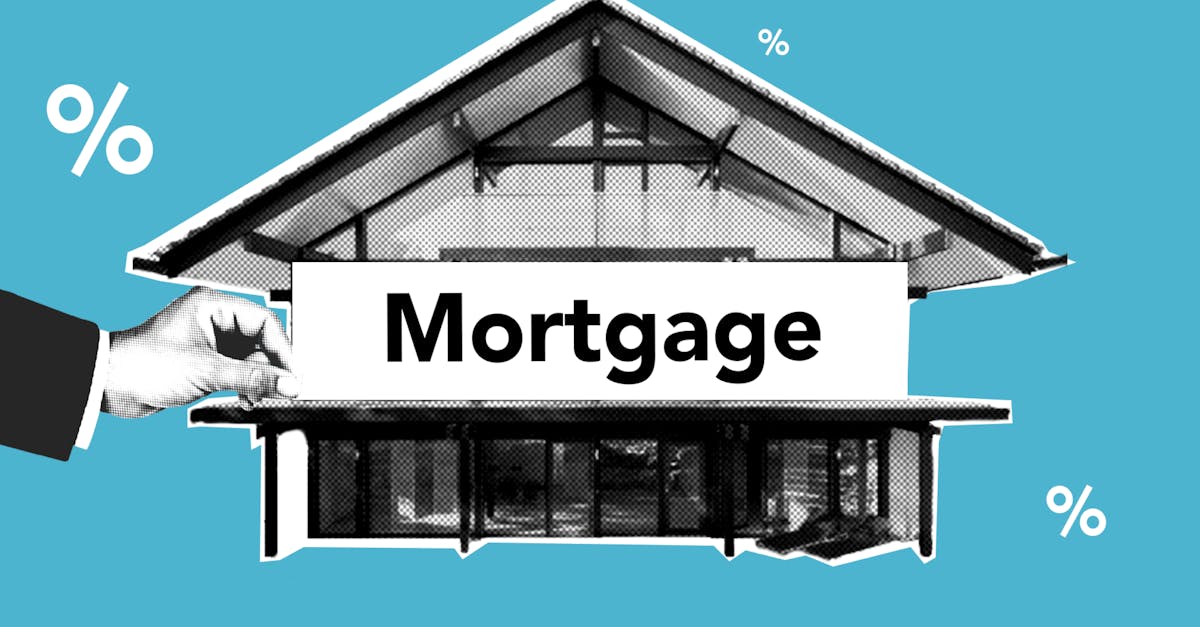
Table Of Contents
Managing Your Investment Property
Effective management of an investment property requires consistent attention to both tenant needs and property upkeep. Landlords must ensure that maintenance issues are promptly addressed. This fosters a positive relationship with tenants and helps retain their occupancy. Additionally, being proactive about property management can protect the long-term value of the investment.
Financial considerations should not be overlooked. Securing the right Investment Property Loans can significantly impact cash flow and profitability. Landlords should thoroughly research various financing options to find the best fit for their financial situation. Understanding loan terms and associated costs will help investors make informed decisions and successfully manage their properties.
Best Practices for Landlords
Maintaining open communication with tenants is crucial for landlords. Regular check-ins can help address issues before they escalate and foster a positive relationship. Understanding tenant needs can lead to longer leases. This stability ultimately benefits the landlord and enhances property value. Additionally, promptly addressing maintenance requests builds trust and ensures the property remains in good condition.
Another best practice involves having a clear understanding of the financial aspects of owning rental property. Familiarity with expenses, including property management fees, taxes, and repairs, helps landlords budget effectively. Investment Property Loans can provide necessary capital for property acquisition or renovations, making financial planning even more essential. Keeping track of income and expenses will streamline tax preparation and highlight areas where operating costs can be reduced.
Assessing Risks Involved
Investing in real estate entails a variety of risks that can impact your financial returns. One crucial aspect to consider is the potential for property value fluctuations. Market conditions can change due to economic factors, thus affecting rental income and overall property demand. Being aware of these dynamics allows investors to make informed decisions and better prepare for unexpected downturns.
Another important risk comes from financing methods, particularly when utilizing Investment Property Loans. These loans often have different terms and interest rates than personal loans, which can lead to higher costs if not properly managed. It is essential to evaluate your financing options and understand the implications of your loan agreements. Failure to do so can result in financial strain, impacting your ability to maintain the property and generate revenue.
Common Challenges and Solutions
Landlords often encounter various challenges when managing their properties. One common issue is tenant turnover, which can lead to increased vacancy rates and lost rental income. To mitigate this challenge, landlords should focus on building strong relationships with tenants through effective communication and responsive maintenance. Offering lease incentives or flexible terms can also help retain tenants and minimize turnover.
Another significant challenge involves financing the purchase or renovation of investment properties. Many investors rely on Investment Property Loans, which can carry unique requirements and higher interest rates compared to traditional home loans. It is vital for landlords to understand these financial instruments fully. Partnering with experienced mortgage professionals can provide insights into securing favorable terms and navigating the complexities of property financing.
The Role of Market Trends
Market trends play a crucial role in determining the performance of investment properties. Understanding local and national trends helps investors make informed decisions about when to buy or sell. Factors such as employment rates, housing demand, and economic indicators contribute to these trends. Keeping an eye on fluctuations ensures that property owners can adjust their strategies to maximize returns.
Investment Property Loans often hinge on market conditions. Lenders consider various metrics, including property appreciation rates and rental yields when evaluating loan applications. By staying informed about the current market landscape, investors can better position themselves to secure favorable financing options. This awareness can lead to advanced planning and improved cash flow management.
Staying Informed for Better Decisions
Staying informed about market trends is essential for making savvy decisions regarding investment properties. Awareness of shifts in property values, rental demands, and economic indicators can significantly affect your strategy. Regularly following real estate news, local market analyses, and financial forecasts helps landlords adapt to changes in the landscape. Knowledge of these factors allows for better timing in property purchases or sales, ensuring investments remain profitable.
Understanding financing options is equally important. Investment property loans come in various forms, and knowing the differences can lead to more favorable terms. Comparing interest rates and terms from different lenders helps investors find the best financial solutions for their needs. Additionally, awareness of government programs or incentives can further enhance the financing strategy, providing opportunities to maximize returns on investment properties.
FAQS
What is the one rule for investment property?
The one rule for investment property is to always focus on cash flow. Ensuring that your property generates positive cash flow is crucial for long-term success and sustainability in real estate investing.
How can I manage my investment property effectively?
Effective management of your investment property involves regular maintenance, clear communication with tenants, timely rent collection, and staying informed about market trends to make informed decisions.
What are common challenges faced by landlords?
Common challenges include dealing with difficult tenants, managing maintenance and repair issues, navigating legal regulations, and ensuring consistent cash flow. Having a solid plan and being proactive can help mitigate these challenges.
How do market trends affect investment property decisions?
Market trends can influence property values, rental rates, and demand for rental units. Staying informed about these trends helps investors make better decisions regarding when to buy, sell, or adjust rental prices.
What strategies can help improve cash flow for my investment property?
Strategies to improve cash flow include setting competitive rental rates, reducing vacancy periods through effective marketing, maintaining the property to avoid costly repairs, and potentially increasing rents in line with market trends.




